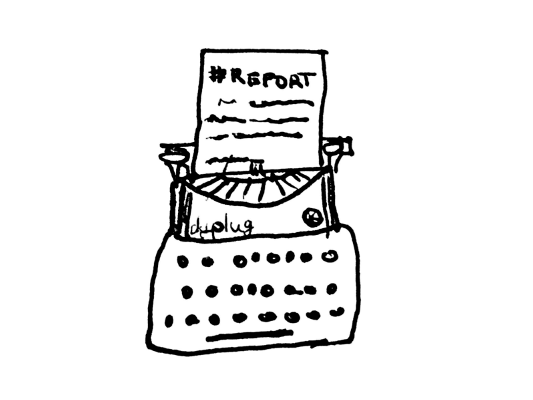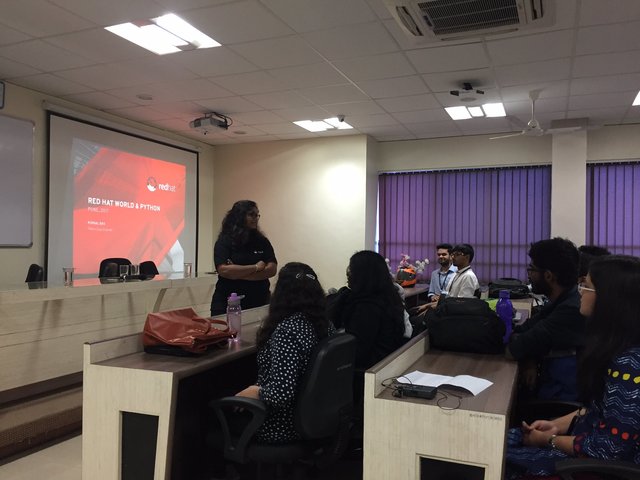Second update from summer training 2017

We are already at the end of the second week of the dgplug summer training 2017. From this week onwards, we’ll have formal sessions only 3 days a week.
Guest lectures will start only from next month.
This post is a quick update about the things we did over the last 2 weeks.
- Communication guideline review: We use Shakthi Kannan’s communication guideline and mailing list guideline in the training. We still have a few people having trouble with not typing SMS language in the chat or in the mailing list. But, we’re learning fast.
- Basics of Linux command line tools: We used to have only the old logs and the TLDP bash guides for this. Last year I thought of writing a new book (along the lines of Python for you and me), but did not manage to push myself to do so. This year, I have started working on Linux command line for you and me, though I haven’t yet edited the things I’ve written yet. We are using this book as a starting point for the participants along with the old logs.
- GNU Typist: We also ask people to practice typing. We suggest using gtypist to learn touch typing. There are a few blog posts from the participants talking about their experience.
- We had two sessions on Vim. Sayan will take another special session on Vim in the coming days.
- We talked about blogs, and asked everyone start writing more. Writing is important; be it technical documentation, or an email to a mailing list – it is the way to communicate over the Internet. We suggested Wordpress to the beginners. If you are interested to see what the participants are writing, visit the planet.
- The Internet’s Own Boy: This week we also asked everyone to watch the story of Aaron Swartz. The summer training is not about just learning a few tools, or learning about projects. It is about people, about freedom. Freedom to do things, freedom to learn. One of our participants, Robin Schubert (who is a physicist from Germany) wrote his thoughts after watching the documentary. I am hoping that more participants will think more about what they saw.
Following this, we will also have a session about the history of Free Software, and why we do, what we do. The ideology still matters. Without understanding or actually caring about the issues, just writing code will not help us in the future. - Next, we actually asked people to submit their RSS feeds so that we can add them to the planet. We also learned Markdown, and people noticed how Aaron was involved in the both.
In the coming days, we will learn about few more tools, and how to use programming to automate things in life. How to contribute patches to the upstream projects and such related things. But, we will also have sessions on software licenses. Anwesha will take the initial session on the same. The guest sessions will also start. If you are interested in teaching or sharing your story with the participants, please drop me a note (either email or twitter).



